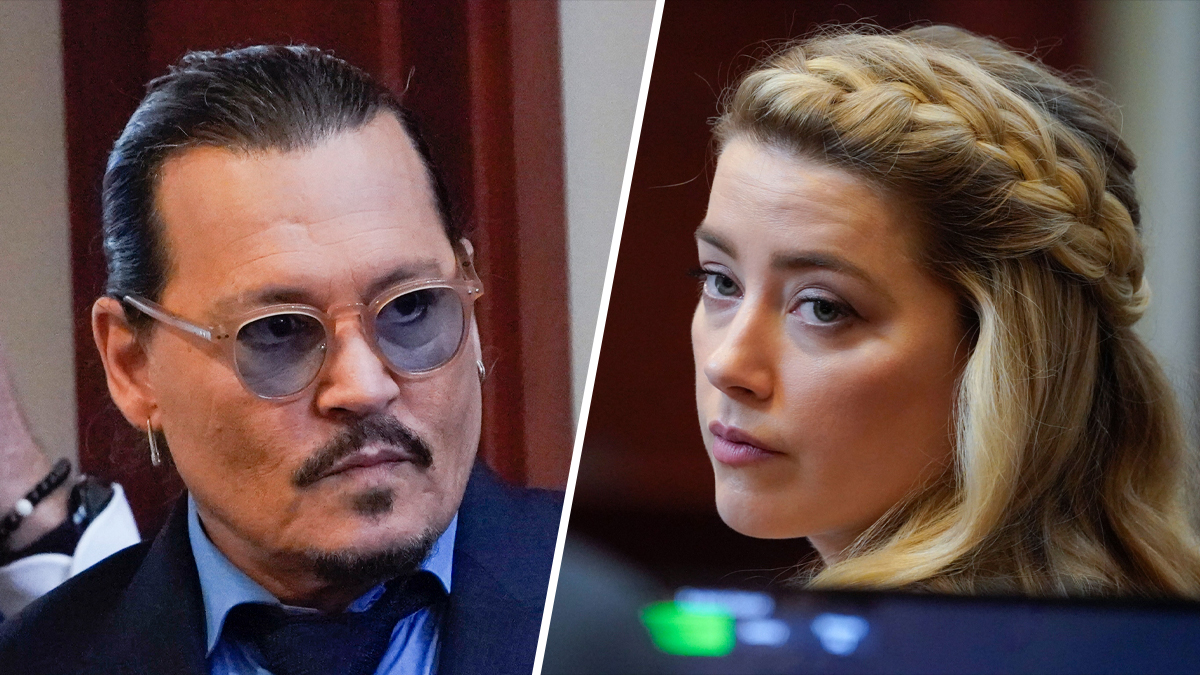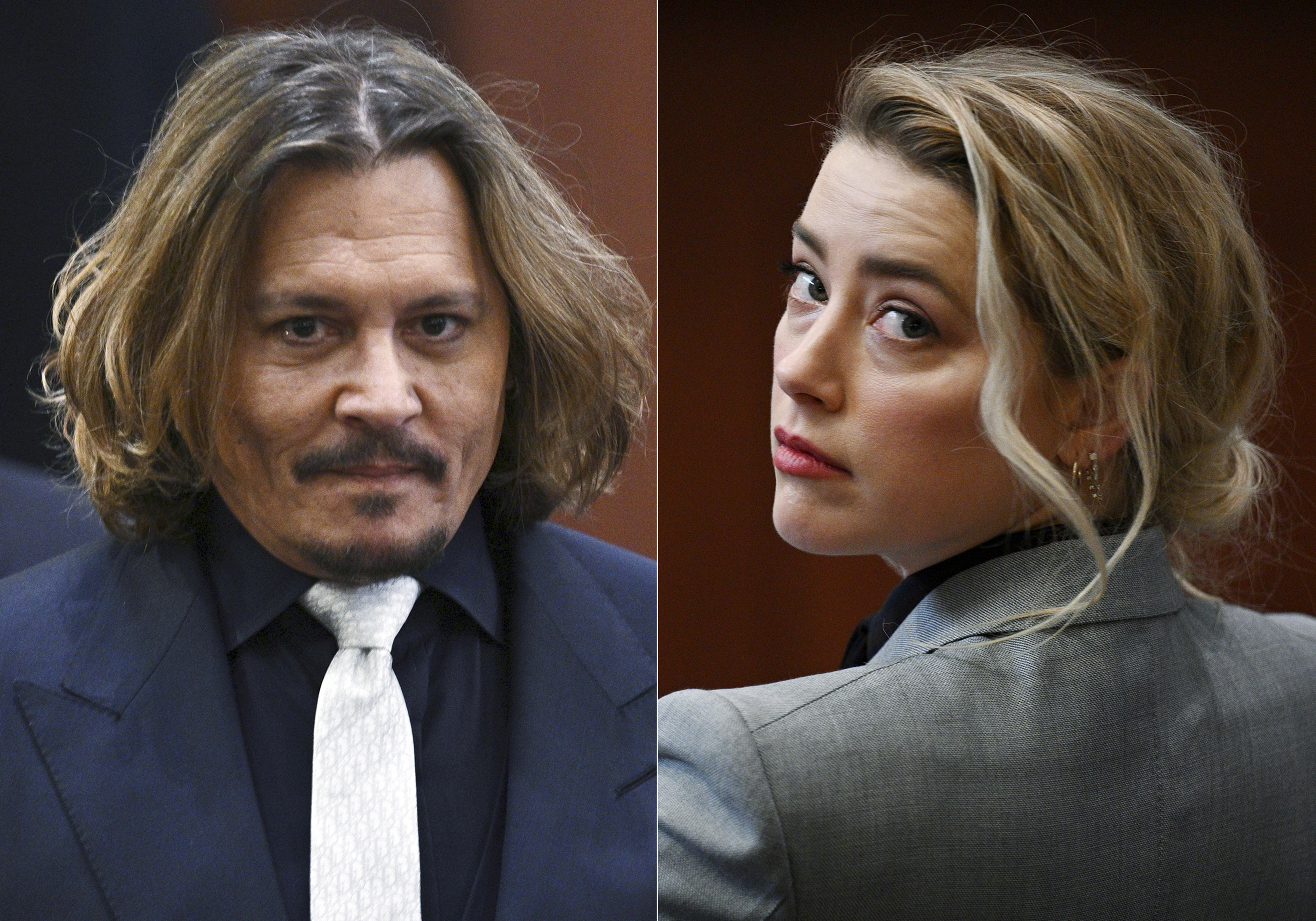Actor Johnny Depp filed a libel lawsuit in Fairfax County, Virginia, against his ex-wife Amber Heard over a 2018 op-ed piece she wrote describing herself as “a public figure representing domestic abuse.”
The 2018 article does not mention Depp by name, but Depp's lawyers argued he was defamed nevertheless because the article is a clear reference to abuse allegations Heard levied in 2016.
In the op-ed, Heard wrote that “two years ago, I became a public figure representing domestic abuse, and I felt the full force of our culture’s wrath for women who speak out.”
Depp sued for $50 million in damages and denies ever being physically violent with Heard. Heard countersued for $100 million and claims she was only ever violent with Depp in self-defense or defense of her younger sister.
We've got the news you need to know to start your day. Sign up for the First & 4Most morning newsletter — delivered to your inbox daily. >Sign up here.
For Depp's Virginia lawsuit to be successful, he not only had to prove that he was falsely accused, but he also needed to show that the op-ed piece — not Heard's abuse allegations in 2016 when she filed for divorce and obtained a temporary restraining order — caused damage and was written with "actual malice," according to the Associated Press.
Why Is the Johnny Depp Trial in Fairfax, Virginia?
Heard and Depp are Hollywood actors who do not live or work in the Commonwealth of Virginia. But Depp was allowed to sue in the state because the news outlet that ran the article, The Washington Post, “houses its printing press and online server in Fairfax County.” The Post is not named as a defendant in the case.
Depp’s lawyer acknowledged in a pre-trial hearing that one of the reasons they brought the case in a Fairfax County courthouse is because Virginia's anti-SLAPP law is not as broad as the one in California.
SLAPP stands for Strategic Lawsuit Against Public Participation and are commonly used to intimidate and silence criticism through expensive, drawn-out legal proceedings. Thirty-one states have laws protecting defendants from anti-SLAPP cases to prevent powerful interests from using lawsuits to intimidate critics from exercising their First Amendment rights, according to the Reporters Committee for Freedom of the Press. The laws allow defendants to file a special motion to dismiss a case when they believe it is a frivolous SLAPP suit.
Heard’s lawyers had sought to have the case moved to California, where the former couple reside. Under California's anti-SLAPP legislation, a person being sued for defamation can file a motion to dismiss a case because it involves speech about a matter of public concern that is protected under the First Amendment. If the judge agrees, the plaintiff would have to pay the defendant's legal fees.
Depp is among a string of politicians, corporate interests and celebrities, who have filed defamation claims in Virginia in recent years, despite their loose connections to the state, in what critics call "libel tourism," according to The Washington Post.
In response the dubious litigations, the Virginia's legislature passed bills in 2020 to to strengthen the state's anti-SLAPP suits. However, amended law doesn't include a mechanism for frivolous cases to be dismissed before the trial begins or a provision requiring plaintiffs to pay the legal fees of the defendant if they lose the case.



